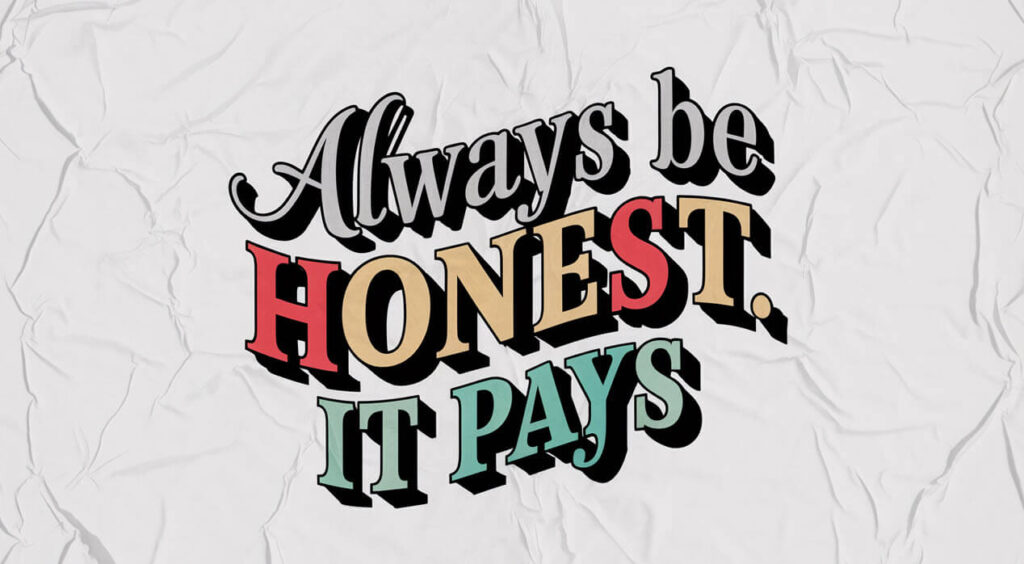The world of online selling in the UK is booming, with platforms like eBay and Etsy offering easy access to a vast customer base. But before you jump in and list your first handmade scarf, unwanted loft items or vintage record, it’s crucial to understand the tax implications. Here’s what you need to know about selling online in the UK through marketplaces like eBay and Etsy, along with the rules for keeping HMRC informed.
Table of Contents
The Tax Man (or Person) is Your Friend
By recording and doing things correctly instead of trying to hide your profits, I will show you why it is absolutely beneficial for you to register as self-employed and to declare any profits that you make. Most people don’t look at it this way, they hide from HMRC and inevitably get caught further down the line. So let’s start it properly, shall we? As a self-employed person working from home, you will be absolutely astonished at what you can claim against your profits – probably more than you would have to pay in tax!
The Downside
The downside isn’t what you might be thinking. Over the years we have met numerous people who are winging it- in other words staying under the radar in the hopes that the HMRC will not find out how much money that they are making. Well, all that has changed due to modern technology. So the downside is that if you try to stay under the radar, you cannot possibly grow a strong profitable business. You don’t want the taxman to find out!

The Marketplace Model and Tax
eBay and Etsy act as intermediaries, connecting buyers and sellers. This means they’re not directly involved in your transactions, but they are obligated to report certain information to HMRC (Her Majesty’s Revenue and Customs)
HMRC Notification Criteria:
- Surpassing a Selling Threshold: Both eBay and Etsy are required to notify HMRC if a seller surpasses a specific sales threshold within a fiscal year. This threshold can change, so it’s best to check with the platforms directly for the latest figures. Here are the figures as of June 2024
- eBay: I understand that if you do more than 30 sales in a year, you need to tell HMRC
- Etsy etc.: It would appear that the current threshold is £1000 a year. After that, they will be notified by the online selling platforms.
- High-Risk Categories: Some product categories, like precious metals or antiques, might have lower notification thresholds due to their higher risk of tax evasion.
What Happens if HMRC is Notified?
If you meet the notification criteria, HMRC will receive your details from the platform. They may then contact you to inquire about your tax registration and filing status.
Penalties for Non-Compliance
Not declaring your online income on your tax return can lead to penalties. These can include:
- Tax Owed: You’ll be liable for any unpaid income tax on your sales.
- Interest Charges: Interest will be added to the unpaid amount.
- Penalties: HMRC can levy penalties for late filing or non-compliance, which can be a percentage of what is owed or a flat fee.
- Serious Cases: In severe cases, HMRC can even take legal action.
Staying Compliant
Here’s how to ensure a smooth ride with HMRC:
- Register for Self-Assessment: If you’re not already registered, do so with HMRC. This allows you to declare your online income alongside any other taxable income you might have.
- Keep Records: Maintain accurate records of your sales, expenses, and any relevant business costs.
- File Your Tax Return: Submit your Self-Assessment tax return each year by the October 31st deadline.

Midas Books Introduction
When we started working ‘from our kitchen table’ so to speak 30 years ago, we quickly realised that people trying to make extra income were hiding this fact from the HMRC, and consequently getting into all sorts of problems!
With that in mind, we set out to create an easy-to-use program allowing anyone to register for Self-Employment and declare their income. Part of that program was to incorporate a ‘done-for-you tax return’ every year.
Our stipulation was simple. The programme had to be totally user-friendly and actually enjoyable to use. After a couple of years of trial and error, we developed MidasBooks which launched in January 2008 and has helped hundreds of people who work from home.
The reason for this was simple. When you are Self-Employed, there are numerous things that you can claim against any profits made, and as a result, you can benefit massively. Since then, we have helped people just like you claim tax rebates (refunds) of around £1,000,000 and rising!
MidasBooks can help you in the following ways:
- They provide a no-obligation free month trial and free tuition.
- They help you register as Self-Employed.
- They have a conversation with you regarding all the things you should be claiming for.
- You simply enter your sales and expenses on MidasBooks, and they do the rest.
- They prepare and submit your Tax Return each year.
It could mean that you get a Tax Rebate from the HMRC for simply setting up your venture, then further tax refunds while you are building it into a profitable business.
As an example, a client has recently received over £7,000 back from the HMRC as a tax refund. They simply completed their books online, and MidasBooks got them a big fat cheque, plus ongoing benefits to offset any profits!
Conclusion
Selling online in the UK can be a fantastic way to reach customers and turn your hobbies or creative pursuits into a profitable venture. By staying informed about tax regulations and keeping HMRC in the loop, you can avoid any unwanted surprises and focus on growing your online business.
By setting up with a free trial on MidasBooks, you will be doing yourself the biggest favour possible. MidasBooks will discuss your circumstances in confidence, and you can decide where to go from there.
CLICK HERE to register for a free trial and confidential chat.
It’s not too late…
If you need any further information or assistance with this article, don’t hesitate to Contact Us

